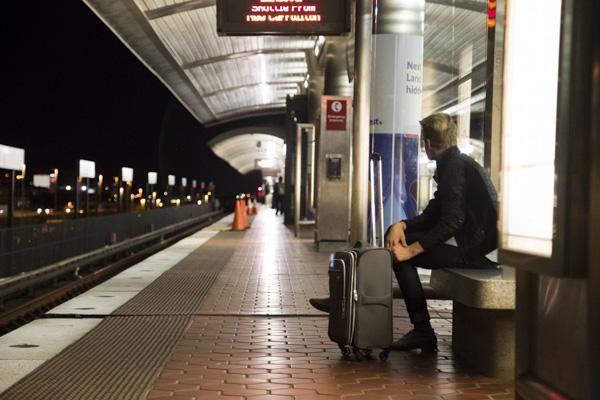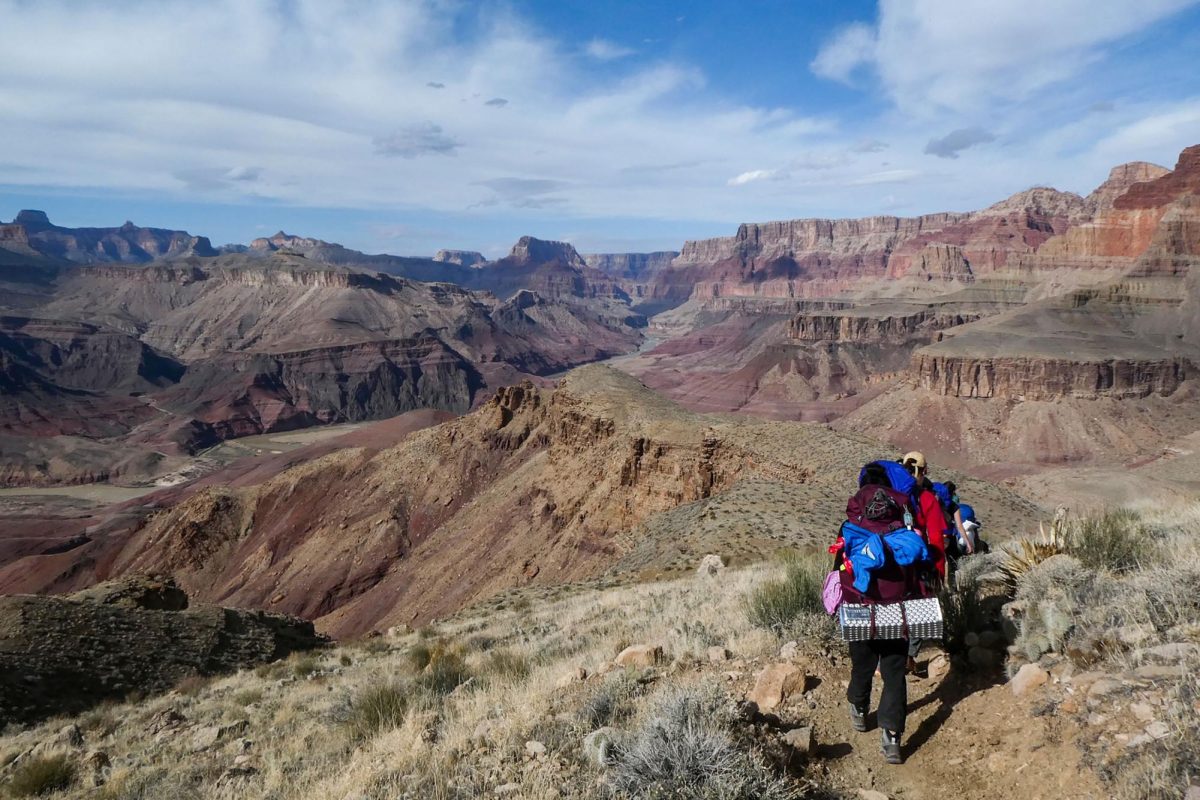A proposed Metro schedule could shut down the trains at midnight daily — a transition that would impact students who use public transportation to commute to campus.
Metro officials considered three options for cutting the transportation system’s hours at their Board of Directors meeting Friday. The plan would give workers additional time to perform maintenance on the 40-year-old system, but students who rely on the system to get to campus said an early closing time would pose issues for them.
Paul Wiedefeld, the Metro’s general manager, proposed the closing times to give workers a chance to perform basic safety inspections and maintenance, according to WJLA.
One potential scenario under consideration would end service at midnight Monday through Saturday and at 10 p.m. on Sunday. The system currently closes at midnight every night under the temporary SafeTrack maintenance program that began in June. Other proposed plans would close the Metro as early as 11:30 p.m. Monday through Thursday and leave the train closed until 8 a.m. Sunday. Metro currently opens at 5 a.m. on weekdays and 7 a.m. on weekends.
For the permanent time changes to go through, WMATA must hold a period of public comment, which will last through Oct. 24. Metro board members will give their final recommendations for approval in December and if passed, the plans will go into effect July 2017.
Some students say these proposals could have a major impact on the times they spend on campus.
Ho-Jin Yeo, a junior majoring in chemistry who lives in Centreville, Va., travels 25 minutes by car to the Vienna Metro station each day and spends another 25 minutes on the Metro to get to campus.
Yeo said the SafeTrack changes, which shortened the hours the system was open, have already affected him. He has had to reduce the hours he studies at Gelman Library, he said.
“If they lessen the amount of time from midnight to 11:30 p.m., I would be very mad about it,” he said.
Kassandra Glück, a senior and environmental studies major, said she travels about 30 minutes to get to campus from Silver Spring. She said with SafeTrack in effect this semester, she has been forced to use Uber because the Metro closes before she can make it to a station.
“It would be nice if GW offered some kind of student discount pass,” she said. “I’m not saying it should be free, but GW should pay X amount of dollars for students to receive unlimited Metro passes.”
Student leaders have pushed for a discounted Metro plan for students in the past, and 74 percent of students voted in March’s Student Association election for a measure that would have created such a plan. Officials said in April that they are working with WMATA to offer an affordable option for students who regularly use Metro.
Chenfeng Xiong, a research scientist at the National Transportation Center at the University of Maryland, said the time limitations may be necessary to improve the Metro’s safety.
Xiong said he and his coworkers are conducting surveys as a part of a SafeTrack impact study funded by the National Science Foundation to find out which Metro users have been impacted most by the SafeTrack program. The data from those surveys should show who will be most impacted by permanent early closures.
D.C. doesn’t have the same magnitude of late-night ridership as New York or Singapore, which both offer 24-hour service.
“In my opinion, this decision might help WMATA sustain and reduce operating cost, since D.C. does not have as significant late-night travel demand as NYC or Singapore,” he said. “But of course, D.C.-ers need some time to adapt to this change.”








